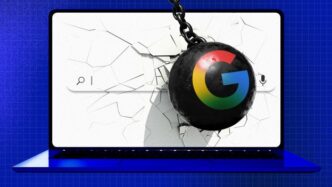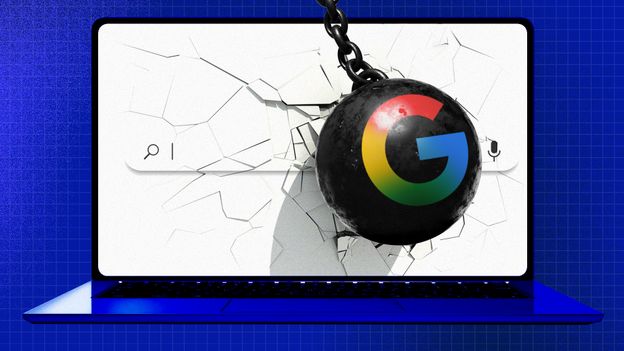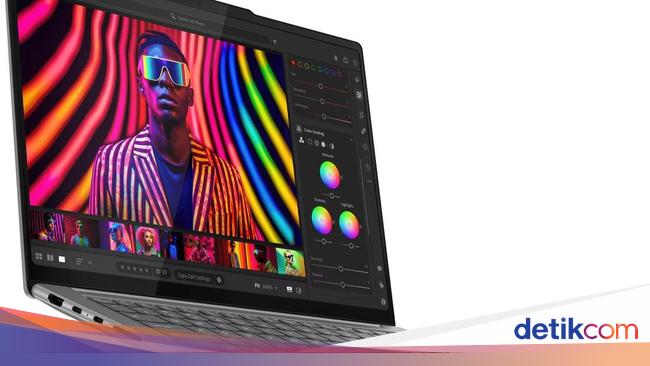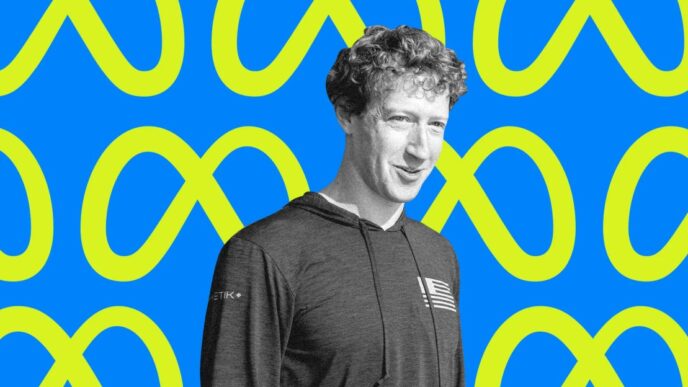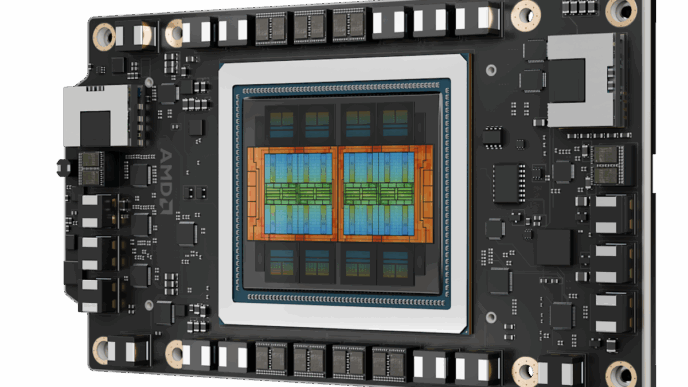Google’s new AI Mode in Search sparks fears it could kill the open web
Google rolled out a major update on May 20, 2025. The company launched AI Mode on its search engine, replacing traditional search results with AI-generated answers. Instead of links, users get mini articles from a chatbot. The tool is optional for now and available to US users, but Google’s head of Search calls it “the future of Google Search.”
The backlash was immediate. SEO experts warn AI Mode risks crushing website traffic. Lily Ray, VP at Amsive, says:
If Google makes AI Mode the default in its current form, it’s going to have a devastating impact on the internet.
It will severely cut into the main source of revenue for most publishers and it will disincentivise content creators who rely on organic search traffic, which is millions of websites, maybe more. Google holds all the power.
AI Overviews, a previous feature that summarizes search results, already reduced clicks to websites by 30% to 70%. AI Mode goes further by eliminating links altogether. This could lead to fewer visitors buying stuff or viewing ads on sites — the backbone of online revenue for decades.
Google argues AI Mode will expand opportunities and improve web health. A spokesperson said:
Every day, we send billions of clicks to websites, and connecting people to the web continues to be a priority.
New experiences like AI Overviews and AI Mode enhance Search and expand the types of questions people can ask, which creates new opportunities for content to be discovered.
But critics aren’t convinced. Independent studies show AI reduces traffic as people get answers without clicking through. Barry Adams of Polemic Digital calls the impact not extinction, but “decimation” of sites’ viability. Gisele Navarro from HouseFresh says:
It’s like asking a librarian for a book, but they just tell you about the book instead. This feeling of the web being a big library for all of us, I think that is gone.
Ad revenue also takes a hit because “robots don’t click on ads,” says Cloudflare CEO Matthew Prince. Some large publishers are licensing content directly to AI makers like Amazon and Google. But small and mid-sized websites lack that leverage.
Google admits AI tools reduce total search-driven traffic but hasn’t publicly shared data proving AI Mode sends more or better traffic. The company maintains the web is thriving:
There’s probably no company that cares more about the health and the future of the web than Google.
People are still very actively clicking through to the web.
The legal backdrop adds tension. US courts ruled Google holds illegal monopolies in search and digital ads. A breakup is possible. Apple exec Eddy Cue recently said Google Search traffic in Safari declined for the first time in 22 years, likely due to AI chatbots.
Users are already shifting. A survey found 72% of Americans turn to AI tools like ChatGPT instead of traditional searches. SEO expert Mike King warns:
AI is going to create more filter bubbles because now Google is interpreting that information rather than giving it to you.
Accuracy remains a concern. AI hallucinations sometimes worsen. Sundar Pichai calls them “an inherent feature” but says Google is improving grounding.
Some hope for evolution, others foresee loss. Dame Wendy Hall, a web pioneer, said:
I’m not worried in the sense that this is all an evolution…
Something will happen. But I guess for many people along the way, it will be too late.
Meanwhile, there’s talk of new norms. Cloudflare wants to block AI crawlers unless paid. Publishers worry AI is “theft” since Google monetizes their content without sharing revenue.
This is the definition of theft. The AI answers are a substitute for the original product.
They’re making money on our content and we get nothing in return.
It’s not Google’s place to make this business decision on behalf of the people who are producing the goods being sold.
— Danielle Coffey, News/Media Alliance
Google says publishers control whether their content appears in AI responses — but many must choose between showing up in AI or disappearing from search altogether.
The machine web era is here. Websites may optimize for AI instead of humans. Content discovery could become narrower, less diverse, and richer only for deep-pocketed publishers.
The only certainty? The internet as we know it is shifting under our feet.
Images courtesy Serenity Strull/BBC/Getty Images and HouseFresh/Yun Sun Park.
